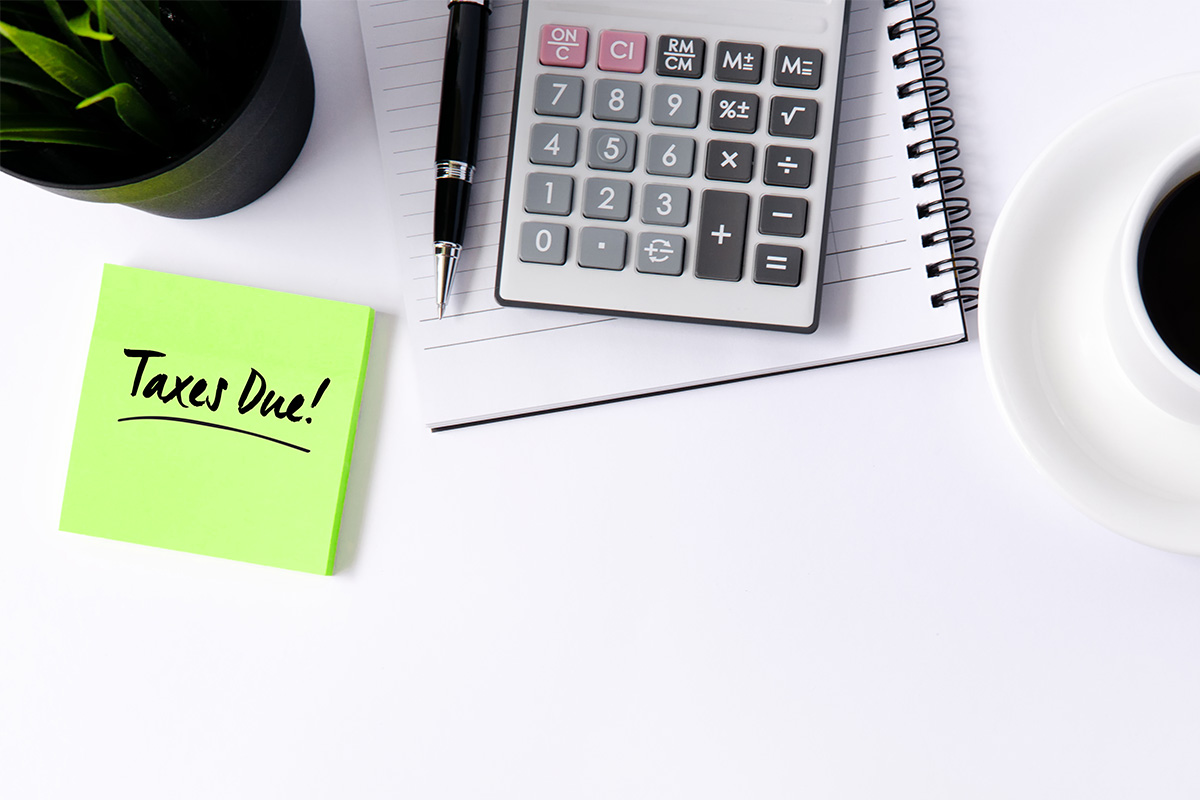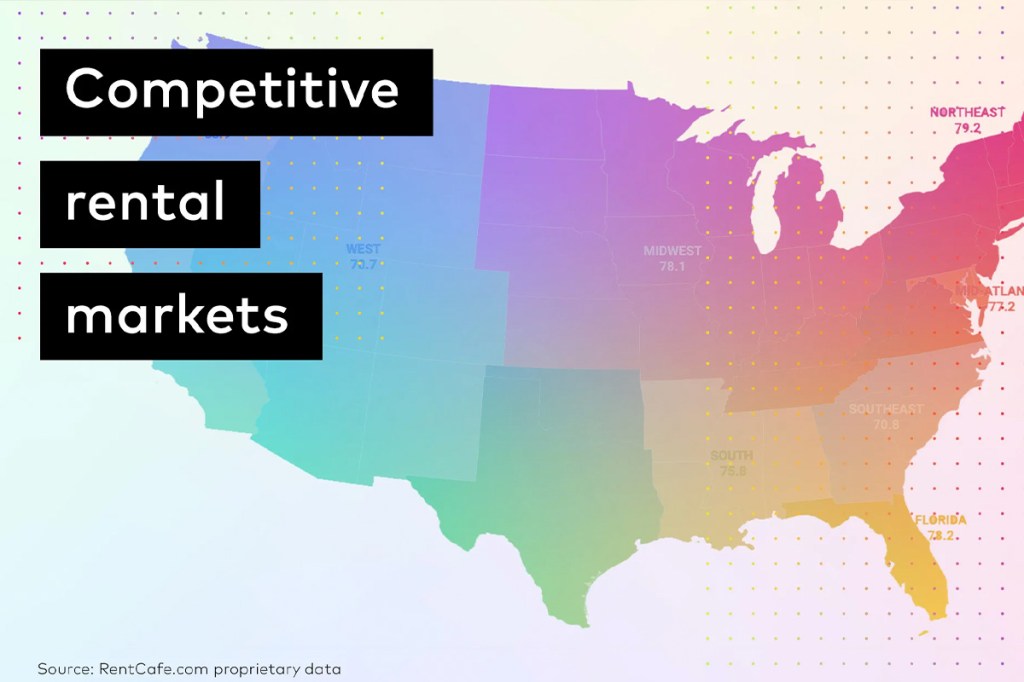
There’s no time like tax time. The piles of receipts, daunting forms and late nights staring at your monitor might seem like a lot now, but it’s worth it to keep the IRS out of your office for another year.
Whether you’re expecting a return this year or not, these five tax strategies for property management businesses should help you save a little time this spring. And they’ll set you up for an even better year ahead – at least in terms of bookkeeping.
1. Document all vendor payments
Start with the low-hanging fruit and document all vendor payments. Even if it was a small amount and doesn’t require a Form 1099-MISC, it was still a business expense. You can track all vendor payables in Yardi Breeze, including manual payments. Did you pay cash or write a check instead of print it from your software? Document it before you forget about it.
2. Watch out for risky deductions
Yes, your new laptop you use for accounting is probably a legitimate business expense. No, your “home office” that is actually just your dining table is not. (To qualify for the home office deduction, you have to use an area of your home exclusively for business.) It’s also suspicious when you claim 100% business use of a vehicle or charitable donations disproportionately large to your income.
As a property owner, manager or real estate professional, you may also be able to take property loss deductions, but the rules are very strict. Get the details here.
3. Don’t neglect your short-term records
You probably store things like your property titles, permits, insurance policies and loan documents in a fire-proof safe somewhere. But what about your short-term records? By short-term records, we mean documents that will only be relevant to this tax year. These could be advertising invoices, hardware store receipts or mileage logs.
If you claim something as an income or expense for this tax year, you should keep a record of it for at least five years. It’s a good idea to keep a digital copy as well as a hard copy. Apps like MileIQ and Smart Receipts make it easy to do exactly that.
4. Make the most of your software
Use your property management software to quickly generate 1099s for your vendors and owners. You should also be using it to store tenant records. If you use Yardi Breeze, you can upload important tenant files like leases, so you always have a copy in our secure, award-winning cloud.
5. Hire a professional
Unless you’re one of the rare property managers who just loves to do taxes, hiring a professional tax accountant is a good idea. Tax professionals keep up with changing tax laws. They can also help you in the event of an audit. When choosing who to work with, ask if audit assistance is included with their services. Audit assistance often costs more, but it might be worth it for the peace of mind.
And good news: next year you can deduct whatever you pay your tax accountant!



